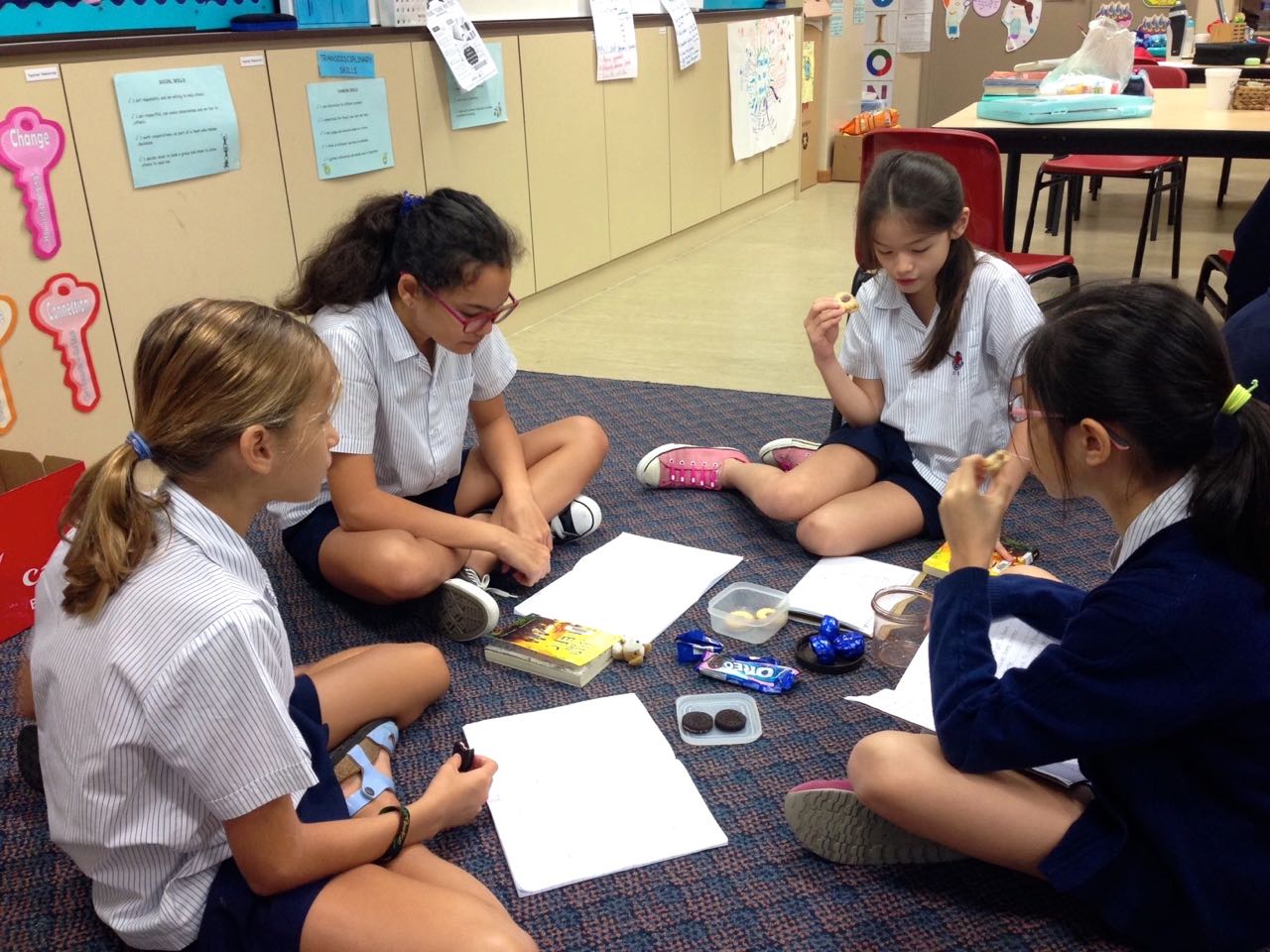Embracing Innovation: Technology in Literature Circles
Literature circles, a pedagogical approach where students gather to discuss literature in small groups, have long been valued for their ability to foster critical thinking, collaboration, and a love of reading. However, with the integration of technology into education, literature circles have evolved to embrace innovative tools and platforms that enhance the reading experience, facilitate communication, and deepen student engagement. In this article, we explore how educators are leveraging technology to enrich literature circles and empower students to become active participants in their own learning.

Digital Discussion Platforms
One of the primary benefits of technology in literature circles is the ability to facilitate asynchronous discussions through digital platforms. Tools such as Google Classroom, Schoology, or dedicated discussion forums provide students with a virtual space to share their thoughts, pose questions, and respond to their peers' insights at their own pace. By removing the constraints of time and place, these platforms allow for more in-depth and reflective conversations, enabling students to delve deeper into the text and engage in meaningful dialogue with their peers.
Online Annotation Tools
Annotating texts is a fundamental aspect of literature circles, as it encourages students to actively engage with the material and develop their analytical skills. With the advent of online annotation tools like Hypothesis, students can annotate digital texts collaboratively, highlighting key passages, asking questions, and sharing interpretations in real-time. This not only promotes a deeper understanding of the text but also fosters a sense of community and collaboration among group members as they collectively explore and interpret the literature.
Multimedia Resources
Incorporating multimedia resources into literature circles can enhance the reading experience and appeal to diverse learning styles. Educators can use platforms like YouTube, podcasts, or interactive websites to supplement the text with videos, audio recordings, interviews, or visual aids that provide context, background information, or additional perspectives. By integrating multimedia resources, educators can cater to the varied interests and preferences of students, making the literature more accessible and engaging.
Virtual Author Visits
Technology also enables literature circles to extend beyond the classroom walls, allowing students to connect with authors and experts from around the world through virtual author visits or video conferencing sessions. By inviting authors to participate in discussions, answer questions, or share insights about their work, educators can provide students with a unique opportunity to interact directly with the creators of the literature they are studying. This not only enriches students' understanding of the text but also fosters a deeper appreciation for the writing process and the role of authors in shaping meaning.
Digital Storytelling Projects
To further engage students and encourage creative expression, educators can incorporate digital storytelling projects into literature circles. Using tools such as Flipgrid, Adobe Spark, or Book Creator, students can create multimedia presentations, podcasts, or digital books that showcase their understanding of the text and allow them to share their interpretations with a wider audience. By harnessing the power of digital media, students can explore alternative perspectives, experiment with different narrative techniques, and bring their own unique voice to the literature they are studying.
Conclusion
As educators continue to adapt to the demands of the digital age, technology offers a wealth of opportunities to enhance traditional teaching practices like literature circles. By leveraging digital tools and platforms, educators can create dynamic and interactive learning experiences that empower students to engage with literature in new and exciting ways. Whether facilitating online discussions, exploring multimedia resources, or connecting with authors virtually, technology in literature circles opens up a world of possibilities for students to explore, analyze, and appreciate literature in all its richness and complexity.